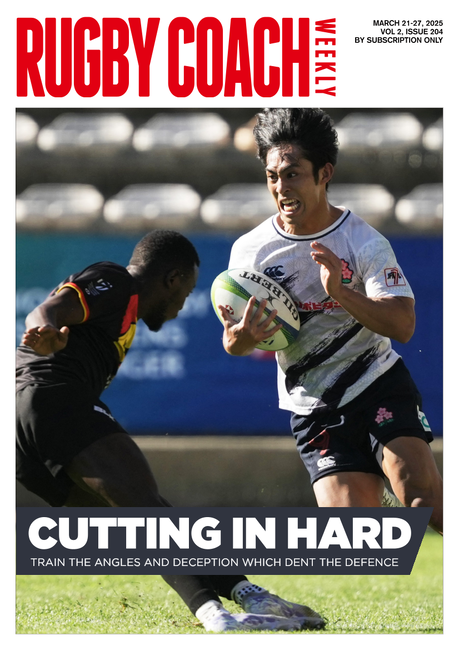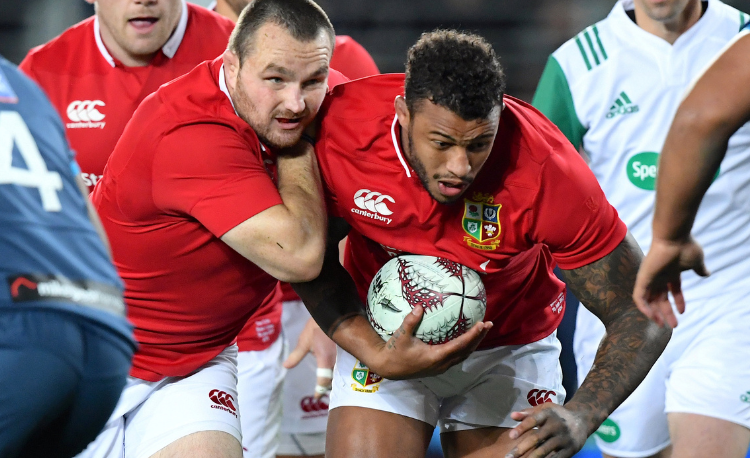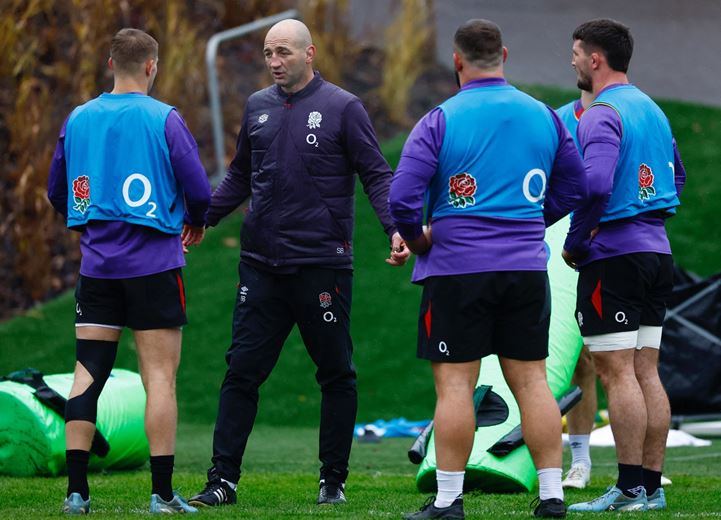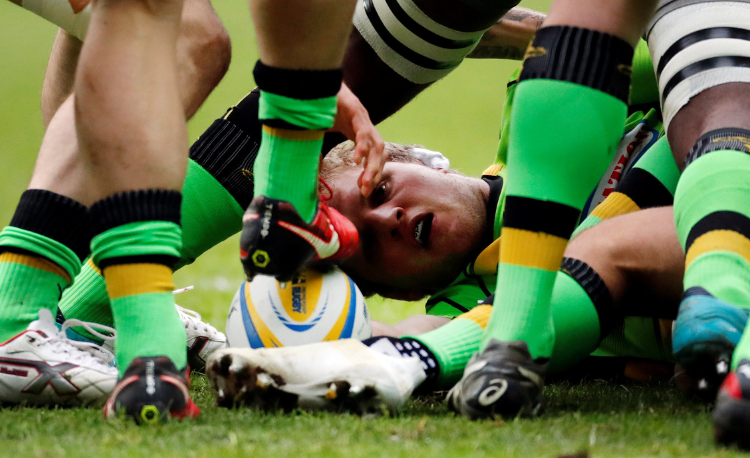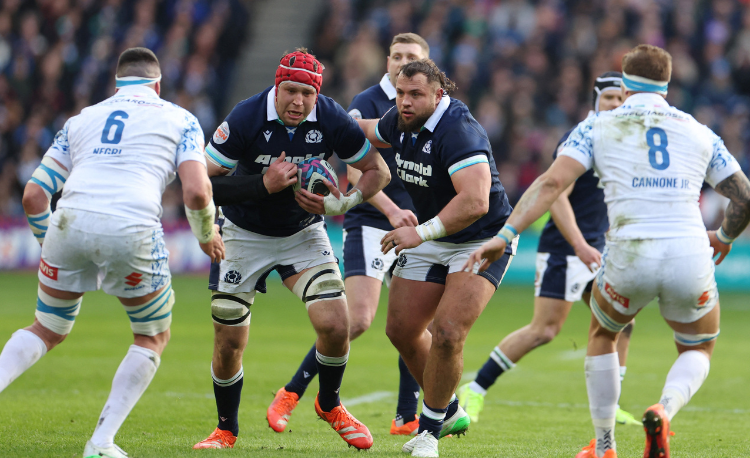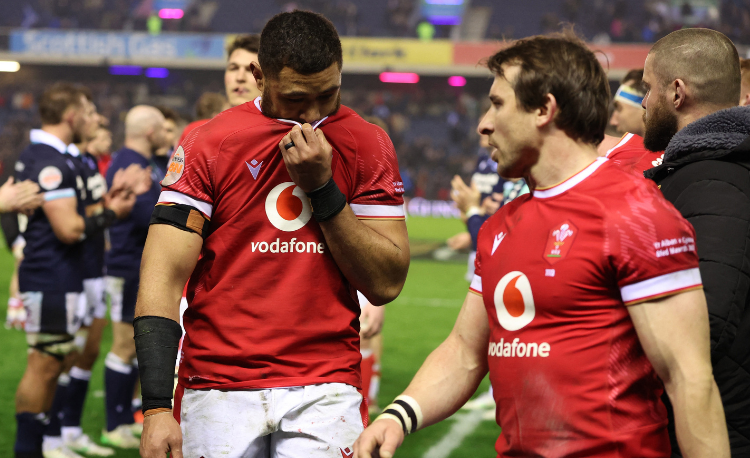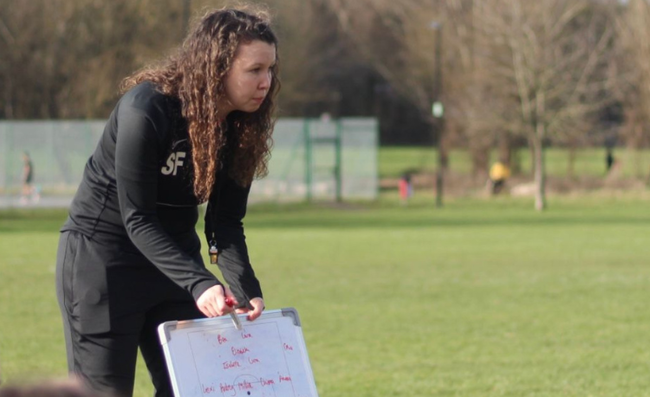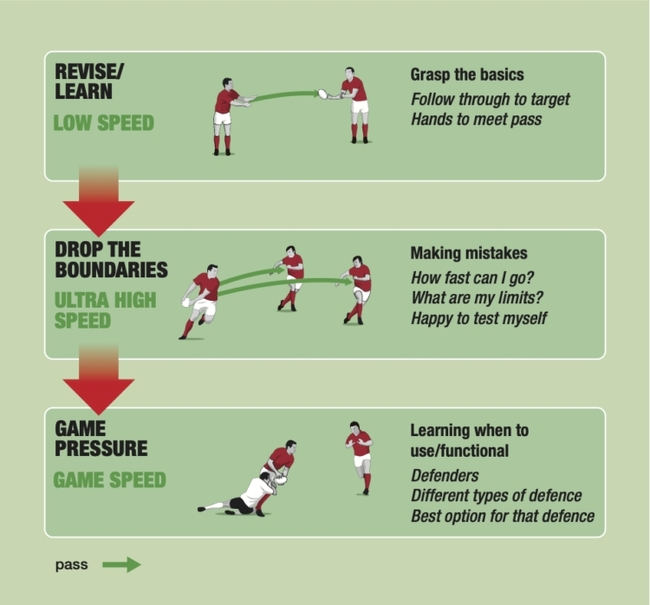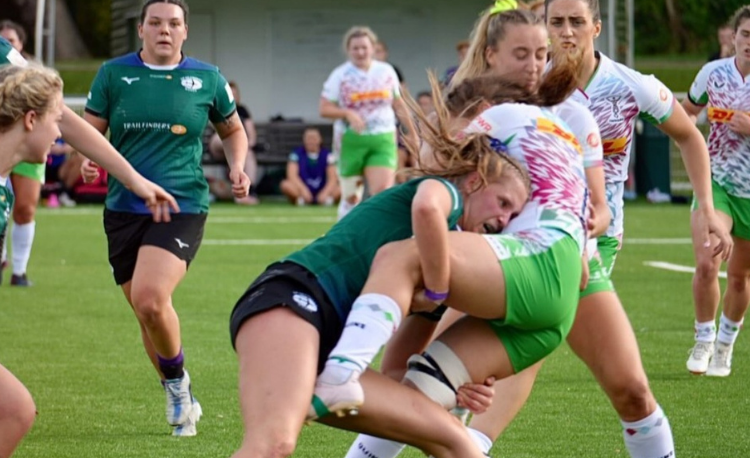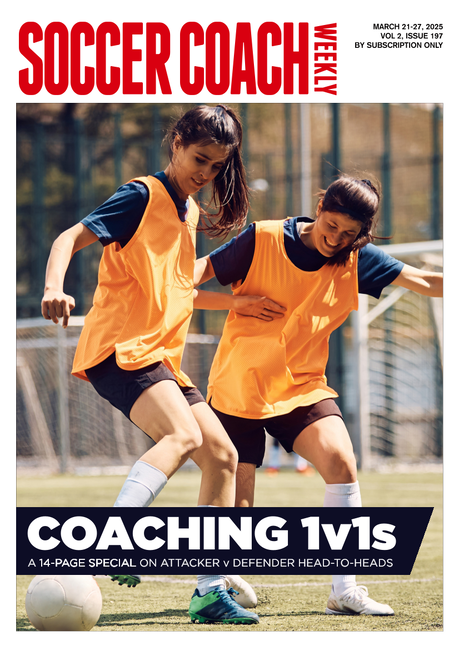Somewhere where they belong

What sort of club side do you want to have? I’m not here to preach what’s best. But I want to share some ideas that I’ve been thinking about recently.
I don’t think we can know the real answer to what club side we want to have until we’ve been coaching for a couple of years at least. Chatting to a coach last week, whilst we covered a multitude of topics, he really made me consider this question in some detail.
He’s been coaching for four years now. He told me about how his bandwidth has changed. In this case, bandwidth refers to how much information you can process effectively at one time. As you become more proficient at a task, your bandwidth increases.
When he started, it was enough to survive the session without too many tears. Then, as he became more confident, he could look at the session as a whole. With that, he could think about what direction the team was going in as well as focus on the detail.
That didn’t mean he and his coaching group ignored planning from the first few sessions with their six and seven year olds. Their meticulous plans made a massive difference.
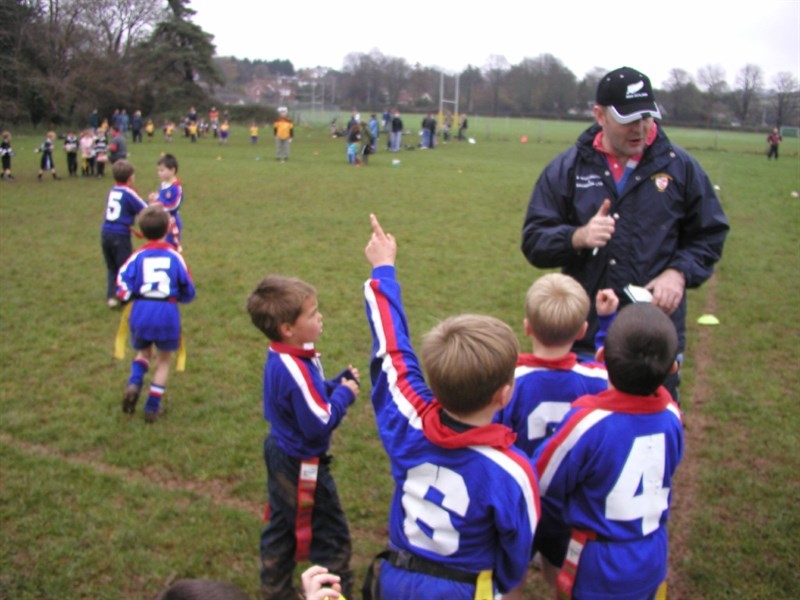
However, it struck me how he came understand the real meaning of what the club can offer. His words to me was that he felt it was somewhere where players sensed they belonged. It might be that these boys are on the outside of many other aspects of their life, especially in school. At the rugby club and now at the tender of age of 10, they were part of something that enjoyed their company.
Rugby is a game for all shapes and sizes. The more I think about it, the more I understand that refers to emotional shapes and sizes as much as physical ones. The club just needs to embrace that player as one of them.
To make this work, the club side needs to imbue the right culture. To allow an individual to express themselves, it’s still very important to have clear guidelines on what’s acceptable and unacceptable.
Right from the outset, they’ve used TREDS. That’s Teamwork, Respect, Enjoyment, Discipline and Sportsmanship. They field two teams every week of mixed ability.
These coaches are also human. If they lose at the weekend, it does hurt! That’s a natural reaction. We are all competitive and if we didn’t feel something in defeat, we would never strive to improve.
In a sense, this is an essential part of the club side. Winning and losing provide a purpose. You win and lose together. You share the ups and downs. You look for ways to improve and enjoy seeing the fruits of that improvement. There’s honour in a glorious defeat. There’s a future if you want to be back on Tuesday evening with your mates.
Thank you for reading
to enjoy 3 free articles,
our weekly newsletter, and a free coaching e-book
Or if you are already a subscriber, login for full access
Newsletter Sign Up
Coaches Testimonials

Gerald Kearney, Downtown Las Vegas Soccer Club

Paul Butler, Florida, USA

Rick Shields, Springboro, USA

Tony Green, Pierrefonds Titans, Quebec, Canada
Subscribe Today
Be a more effective, more successful rugby coach
In a recent survey 89% of subscribers said Rugby Coach Weekly makes them more confident, 91% said Rugby Coach Weekly makes them a more effective coach and 93% said Rugby Coach Weekly makes them more inspired.
Get Weekly Inspiration
All the latest techniques and approaches
Rugby Coach Weekly offers proven and easy to use rugby drills, coaching sessions, practice plans, small-sided games, warm-ups, training tips and advice.
We've been at the cutting edge of rugby coaching since we launched in 2005, creating resources for the grassroots youth coach, following best practice from around the world and insights from the professional game.


